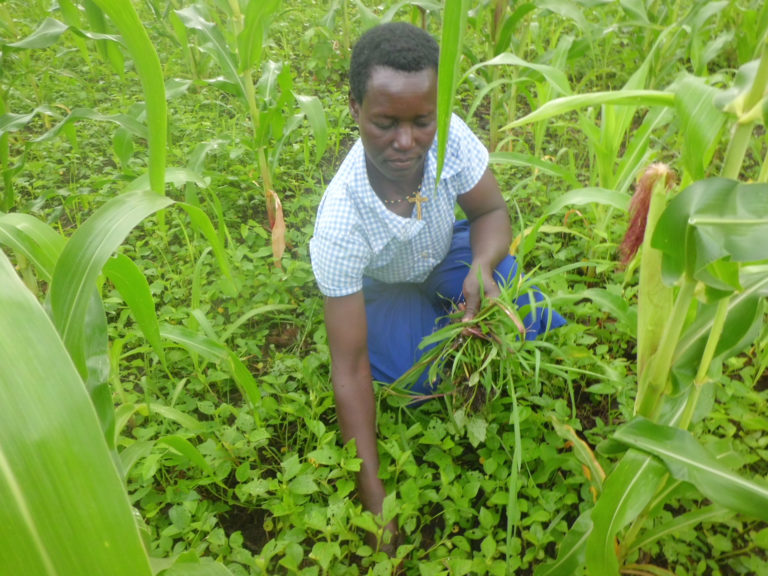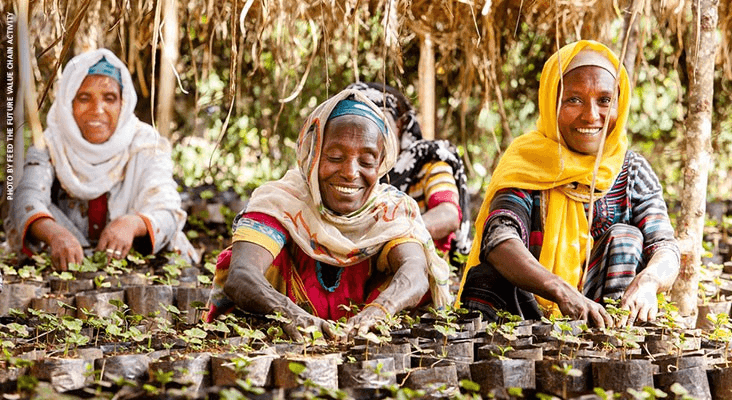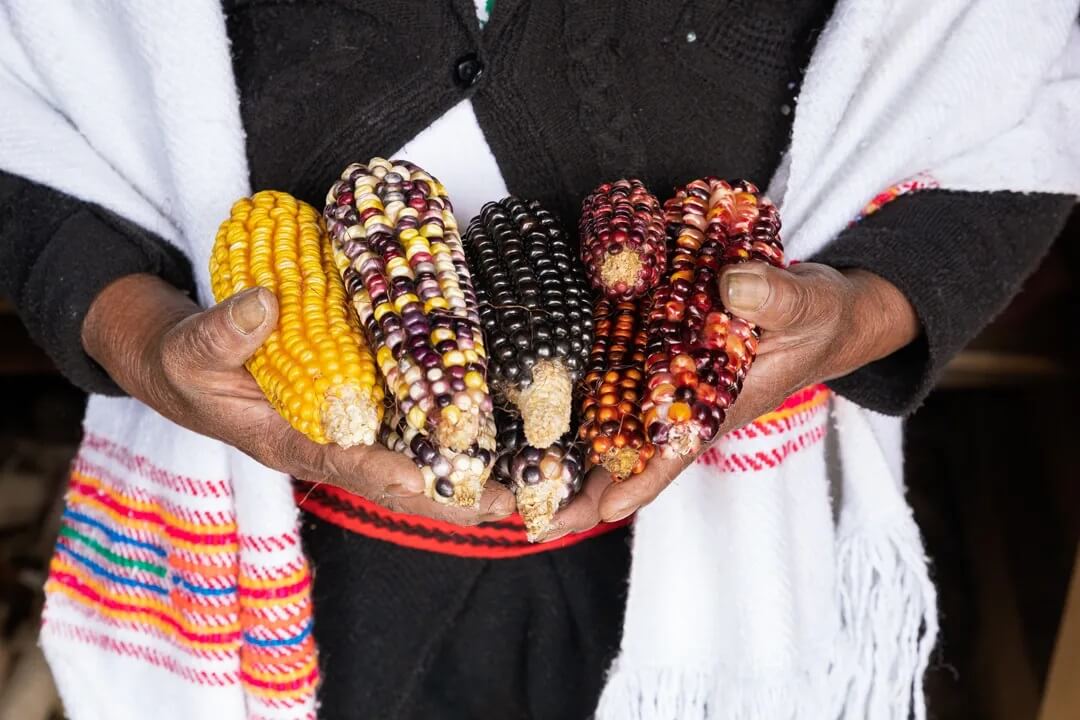07/26/2022 SOURCE: www.sasktoday.ca
Scientists were surprised to discover that the gene that increased yields also resulted in higher protein levels.
Researchers find gene that improves wheat yield
-
(0)
-
Bookmark
- Comments. (0)
07/21/2022 SOURCE: allianceforscience.cornell.edu
A Nigerian court today threw out a case filed by anti-GMO civil society groups against the National Biosafety Management Agency (NBMA). Justice D.U Okoro of the Federal high court in Abuja dismissed in its entirety a suit filed by 17 groups led by Health of Mother Earth Foundation (HOMEF). Dr. Rufus Ebegba, director general and […]
Anti-GMO groups lose court case in Nigeria - Alliance for Science
-
(0)
-
Bookmark
- Comments. (0)
07/19/2022 SOURCE: www.prnewswire.com
/PRNewswire/ -- Walden Farms®, makers of specialty condiments and food enhancers with unmatched attributes – zero calories, zero net carbs, zero sugar, zero...
Walden Farms® Announces Rebrand with Focus on Natural Flavors, Debuts Non-GMO Project Verified Salad Dressings
-
(0)
-
Bookmark
- Comments. (0)
07/19/2022 SOURCE: geneticliteracyproject.org
About 250 breweries throughout the country have used Berkeley Yeast’s genetically modified strains, and some insiders herald its scientific breakthroughs as game changers for the beer industry.
‘Mind-boggling’ fruity craft beers produced with GMO yeast finds rapturous fans
-
(0)
-
Bookmark
- Comments. (0)
07/19/2022 SOURCE: www.world-grain.com
Country approves Bioceres’ drought-tolerant HB4 wheat variety.
Nigeria gives go-ahead to GMO wheat imports
-
(0)
-
Bookmark
- Comments. (0)
07/18/2022 SOURCE: www.aces.edu
For the world to be fed sustainably in the 21st century, agricultural innovation using biotechnology is key. Research and implementation of genetically modified organisms (GMOs) is one way that ag industry is unlocking the future for the next generation.
GMOs: Unlocking Agriculture’s Potential Through Bioengineering - Alabama Cooperative Extension System
-
(0)
-
Bookmark
- Comments. (0)
07/11/2022 SOURCE: allianceforscience.cornell.edu
Research using gene editing technology is being undertaken on the continent largely by African scientists to provide solutions for Africa, according to a panel of scientists and regulatory experts. Their work is drawing upon the efficiency and precision of gene editing to restore staples that African farmers prefer, like banana and sorghum, they said. The goal […]
African scientists lead the continent's gene editing research - Alliance for Science
-
(0)
-
Bookmark
- Comments. (0)
07/08/2022 SOURCE: today.tamu.edu
Possible solutions could lie at the intersection of breeding and genetic modification.
Cotton Breeders Are Using Genetic Insights To Make This Global Crop More Sustainable
-
(0)
-
Bookmark
- Comments. (0)
07/07/2022 SOURCE: geneticliteracyproject.org
Should we be worried about losing our indigenous crops because of genetically modified organisms (GMOs)? The answer is an outright no.
Viewpoint: GMO technology is ‘no threat’ to indigenous Ethiopian crops. Here’s why
-
(0)
-
Bookmark
- Comments. (0)
07/06/2022 SOURCE: geneticliteracyproject.org
“The request for access to biotechnology has no turning back. The small producer got tired of 'fighting' with drought, frost, floods and crop pests. We
Bolivia maintains ban on GMO crops — but it’s estimated that 40% to 100% of corn, soybeans and cotton are grown from illegal genetically modified seeds
-
(0)
-
Bookmark
- Comments. (0)












